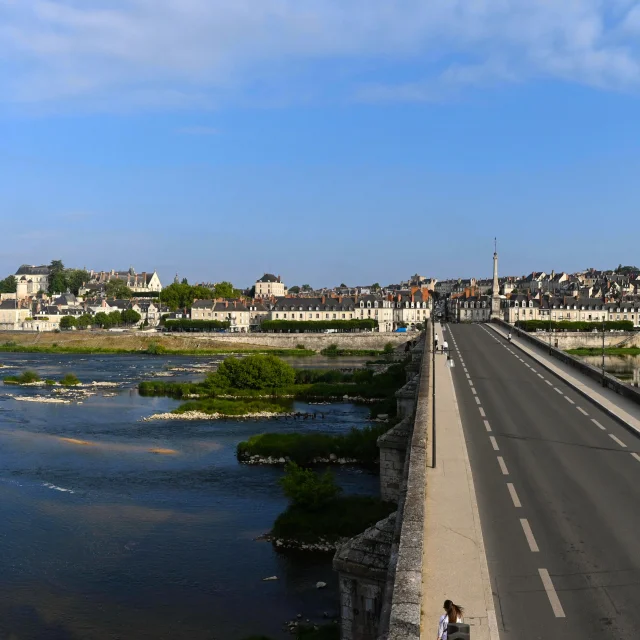Built in the last third of the 19th century, the Cité Agricole de Champigny is neither the fruit of chance nor of a simple idea: it is the concrete expression of a policy born of the specific ideologies of the century. To better understand this, we need to go back to the context of the time.
Champigny was a rural town, with no industry. The economy was based on agriculture, which generated a large number of trades (farmers, craftsmen, seasonal workers). In 1851, the commune had around 700 inhabitants. Our village was fortunate to be home to a man, François Philibert DESSAIGNES, who would go on to do remarkable work.
Born in Vendôme on March 16, 1805, F.Ph. DESSAIGNES studied law and practiced as a notary in Paris from 1832 to 1850. In direct contact with political life, he became a moderate reformer and advocate, among other things, of free and compulsory primary education and social reform.
He retired to Champigny on the death of his father. In 1846, he was elected deputy for the Vendôme district. The 1848 revolution halted his term of office. He was re-elected in 1857 and 1869. With the fall of the Second Empire in 1870, F.Ph. DESSAIGNES seemed to detach himself from national politics. A Champigny town councillor, he became mayor in September 1870. He applied his ideologies by creating a hospice (l'Asile des deux frères), relocating the cemetery (a source of insalubrity) and launching his Cité Agricole project, which would remain unique in the rural sector.
Champigny was a rural town, with no industry. The economy was based on agriculture, which generated a large number of trades (farmers, craftsmen, seasonal workers). In 1851, the commune had around 700 inhabitants. Our village was fortunate to be home to a man, François Philibert DESSAIGNES, who would go on to do remarkable work.
Born in Vendôme on March 16, 1805, F.Ph. DESSAIGNES studied law and practiced as a notary in Paris from 1832 to 1850. In direct contact with political life, he became a moderate reformer and advocate, among other things, of free and compulsory primary education and social reform.
He retired to Champigny on the death of his father. In 1846, he was elected deputy for the Vendôme district. The 1848 revolution halted his term of office. He was re-elected in 1857 and 1869. With the fall of the Second Empire in 1870, F.Ph. DESSAIGNES seemed to detach himself from national politics. A Champigny town councillor, he became mayor in September 1870. He applied his ideologies by creating a hospice (l'Asile des deux frères), relocating the cemetery (a source of insalubrity) and launching his Cité Agricole project, which would remain unique in the rural sector.






